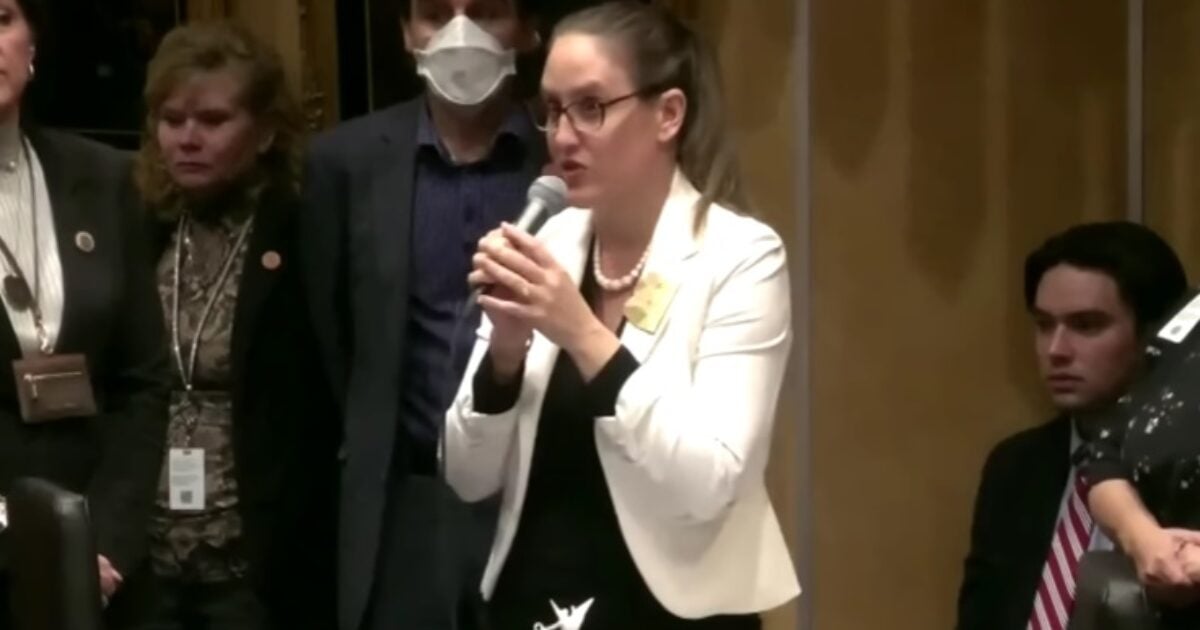Shell’s Climate Change Strategy Evaluation
In a rapidly evolving global landscape where corporations are under increasing pressure to address climate change, oil giant Shell finds itself at a crossroads. Despite the undeniable impact of oil companies on global warming, Shell remains steadfast in its belief that its current efforts are sufficient to combat climate change. As the company prepares for its upcoming annual meeting, a recent filing with the Securities and Exchange Commission sheds light on its stance regarding climate action.
The Securities and Exchange Commission filing advises shareholders to reject a proposal that would require Shell to align its environmental objectives with the goals of the Paris Climate Agreement. This proposal, which aims to limit global warming to well below 2°C above pre-industrial levels, emphasizes the inclusion of “scope 3” greenhouse emissions in Shell’s targets. The proposal criticizes Shell’s current strategy for falling short in detailing how the company plans to achieve these ambitious goals.
Shell’s board of directors, in response to the proposal, expressed concerns that strict adherence to the Paris Agreement could potentially hinder the company’s ability to invest in clean technology. The board argued that pursuing such stringent emission targets might lead to a loss of revenue that could otherwise be utilized in initiatives such as expanding its electric vehicle charging network.
Scope 3 Emissions and Accountability
Central to the debate is the concept of scope 3 emissions, which encompass the greenhouse gas emissions generated by a company’s customers, transportation methods, and climate change mitigation investments. Shell recently revised its scope 3 greenhouse gas reduction targets, opting for a more moderate approach by aiming for a 15% to 20% decrease below 2021 levels, rather than a fixed 20% reduction.
Notably, Shell’s directors argued in their resolution voting guidance that the company should not be held accountable for the energy consumption patterns of its customers worldwide. This perspective challenges the notion that Shell, as a supplier of energy products, bears full responsibility for addressing the energy transition.
Environmental Activist Response
Environmental activist group Follow This, which played a key role in advocating for the proposal, criticized Shell’s board for its perceived lack of vision. The group contends that Shell possesses the financial resources and market influence necessary to accelerate the transition from fossil fuels to renewable energy sources.
In conclusion, the dynamics at play within Shell’s climate change strategy underscore the complex balance between corporate profitability and environmental stewardship. As the company navigates these challenges, the upcoming annual meeting is poised to serve as a pivotal moment in determining Shell’s path forward in the fight against climate change.
Image/Photo credit: source url





